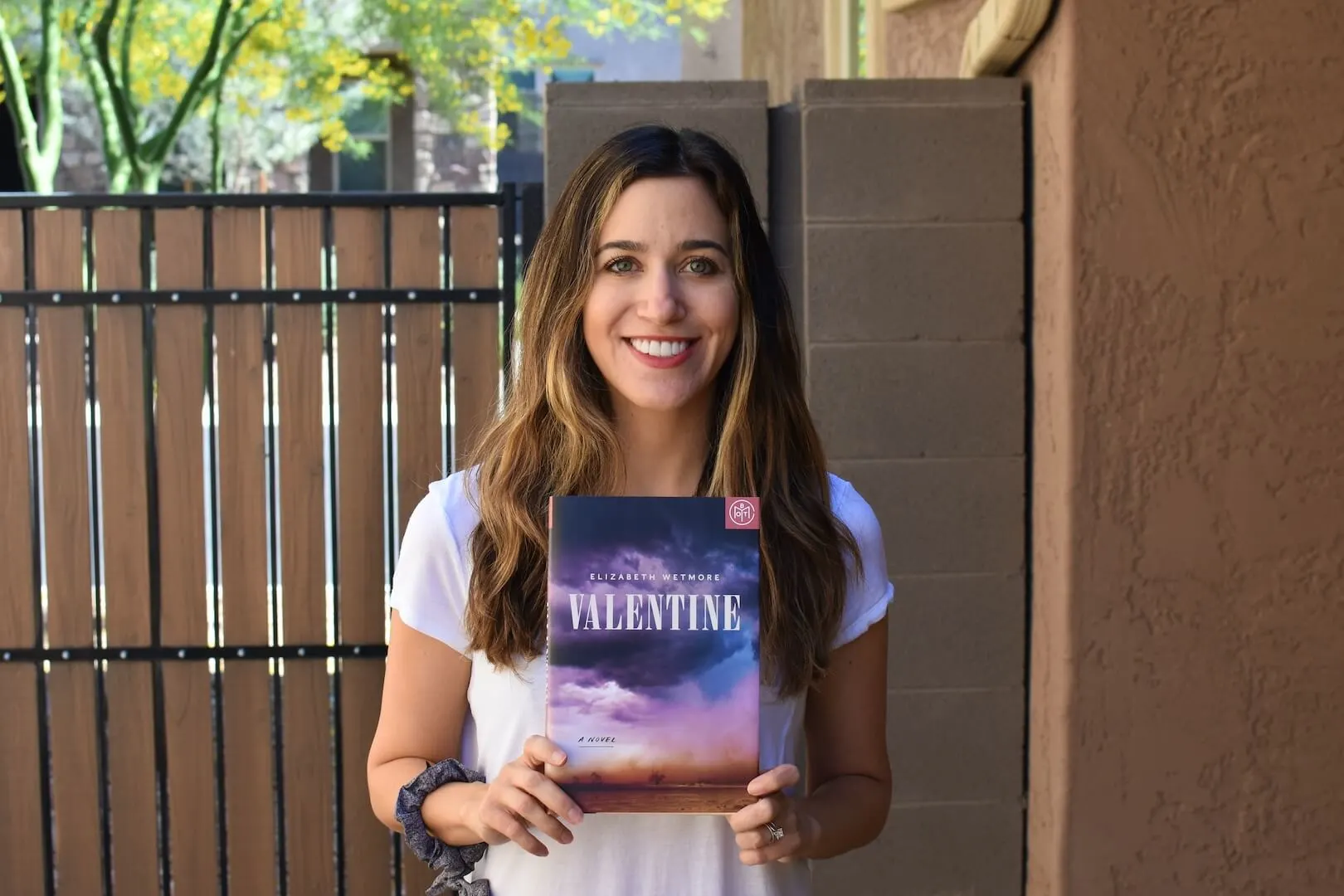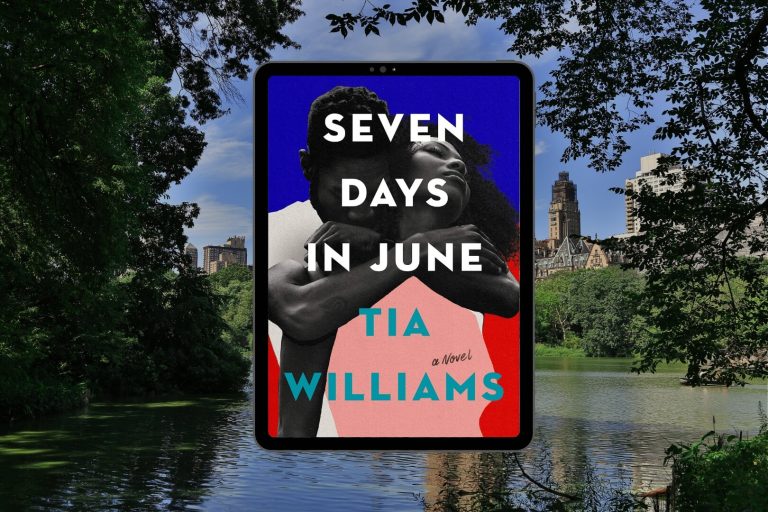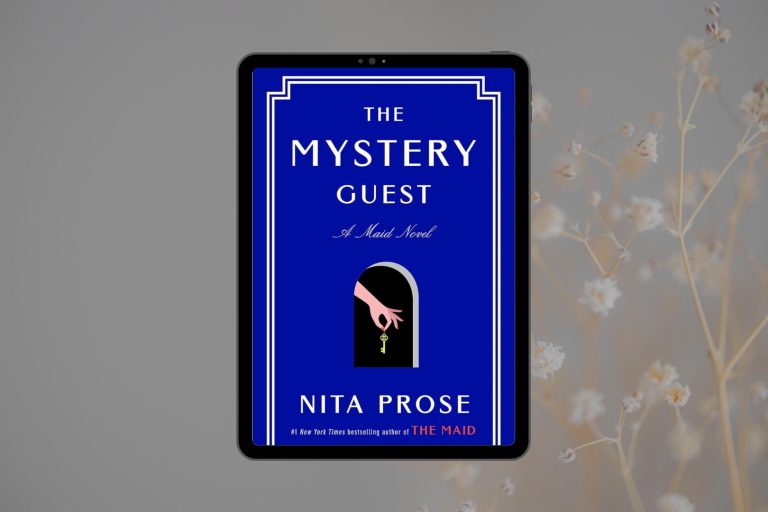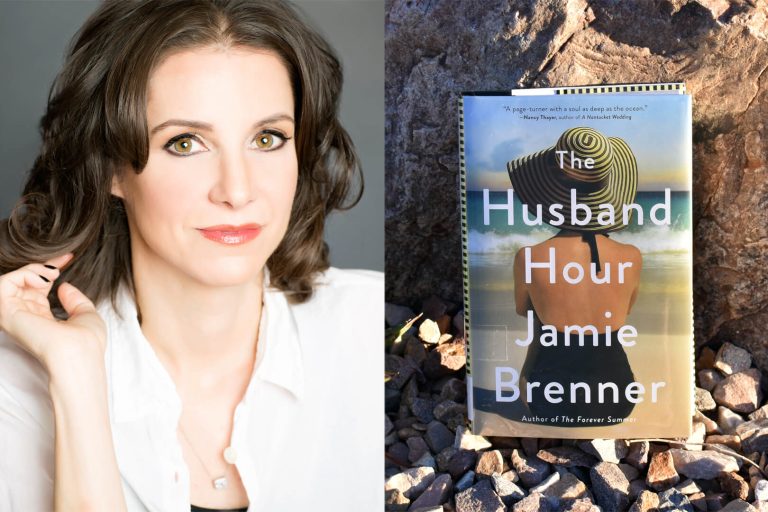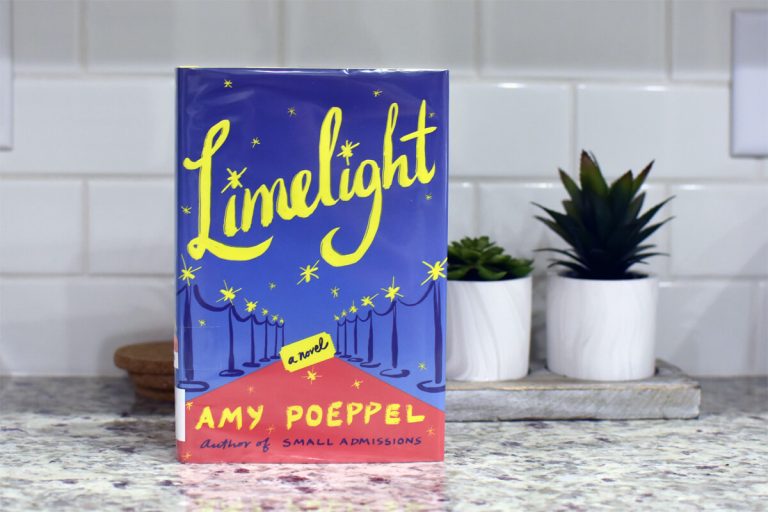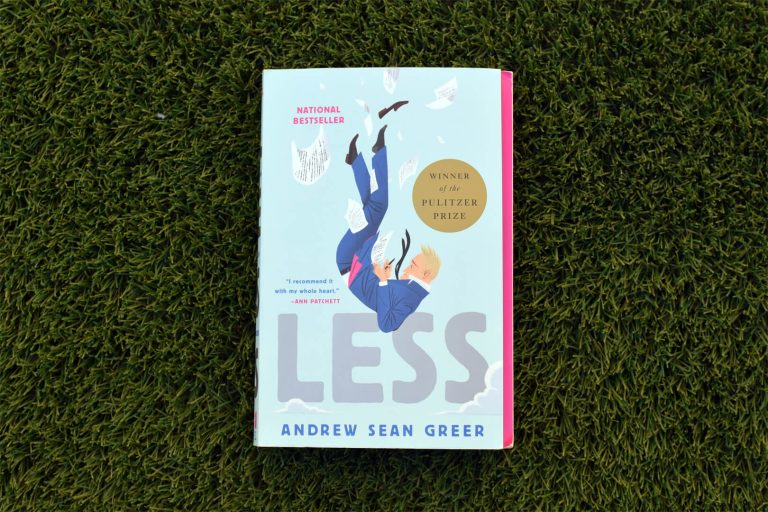Book club questions for Valentine by Elizabeth Wetmore takes a closer look at key themes and perspectives in this novel. There will be spoilers so if you haven’t read the story yet, check out my spoiler-free review for more context about the story.
Jenna Bush Hager also selected this for her April Read with Jenna book club pick. So this one is definitely everywhere. The problem sometimes with books that receive a lot of attention, it then can venture into the danger of becoming overhyped. While I thought this story was impactful, I personally felt it let out a key voice and that made a difference in how I perceived this story. I’m curious what you all thought about it!
The synopsis
It’s February 1976, and Odessa, Texas, stands on the cusp of the next great oil boom. While the town’s men embrace the coming prosperity, its women intimately know and fear the violence that always seems to follow.
In the early hours of the morning after Valentine’s Day, fourteen-year-old Gloria Ramírez appears on the front porch of Mary Rose Whitehead’s ranch house, broken and barely alive. The teenager had been viciously attacked in a nearby oil field—an act of brutality that is tried in the churches and barrooms of Odessa before it can reach a court of law. When justice is evasive, the stage is set for a showdown with potentially devastating consequences.
Valentine is a haunting exploration of the intersections of violence and race, class and region in a story that plumbs the depths of darkness and fear, yet offers a window into beauty and hope. Told through the alternating points of view of indelible characters who burrow deep in the reader’s heart, this fierce, unflinching, and surprisingly tender novel illuminates women’s strength and vulnerability, and reminds us that it is the stories we tell ourselves that keep us alive.
Book Club Questions for Valentine
- Let’s first discuss the title. Why do you think the author decided to use Valentine as the title?
- The beginning starts off with Gloria escaping Dale Strickland, who brutally raped and beat her. Let’s talk about the opening scene.
- Why it is important for Gloria to now go by Glory?
- Glory escapes Dale and arrives to Mary Rose’s ranch completely brutalized and weak. Mary Rose lets her in and does her best to protect her from Dale. There’s a scene where she gets her gun and points it at Dale. Do you think she would have shot Dale if the police and ambulance hadn’t come by?
- Mary Rose wrestles with a lot after that fateful day. She often remarks that she should have done more for Glory. Which areas do you think she felt like she failed her?
- We read Glory’s perspective in the first chapter, once in the middle and then at the end. Why do you think the author didn’t include more of her viewpoint? Do you think that was an oversight? Did it impact the story for you?
- We meet Corrine, an older woman who has become an alcoholic after her husband passed away. What did you think about Corrine? Let’s talk about her relationship with Potter.
- On page 39, Corrine is at the bar and listening to the men complaining. “Talking shit, Corrine mused, same as any other group of men anywhere on the planet. She figured she could parachute into Antarctica in the dead of the night, and she’d find three or four men sitting around a fire, filling each other’s heads with bullshit, fighting over who got to hold the fire poker.” This is a great quote—let’s talk about it.
- Many people in the town have an opinion of Glory—with a majority blaming her for what happened. And oftentimes, race was brought into the discussion. Mary Rose and Corrine face the reality that the townspeople might have had a different reaction if Glory was white. Let’s talk about racism in this story.
- All the women are treated pretty badly across the board. Still, there are some women siding with the men no matter what. So there’s plenty of racism and sexism in this story that is set in the ’70s. If this story was set in the present, do you think much would have changed or would the same attitudes still prevail?
- What do you think was the bigger message the author was trying to say about race, sex and class?
- The courtroom scene with Mary Rose is pretty frustrating and clearly not a fair trial. Let’s discuss Mary Rose’s day in court. Do you think it would have made any difference if Glory would have shown up or do you think everyone’s mind was made up?
- Dale gets off with probation and a simple fine, which enrages Mary Rose and Corrine. Let’s discuss this. Were you surprised by the verdict?
- What did you think about Debra Ann helping Jessie? Why did her mom Ginny leave the family?
- The expectations for women in this small town is that they get married and have children and that’s it. But Mary Rose, Ginny and Corrine aspire for more. Let’s talk about this.
- For those who are from small towns, did you see any similarities between your town and Odessa?
- The climax of the story happens when Mary Rose and Corrine think Jesse is kidnapping Debra Ann, which we know isn’t the case. But Mary Rose is so upset that she can’t see straight and wants to shoot him as revenge for what happened to Glory. Corrine eventually talks her out of it. Let’s discuss the scene.
- So Dale eventually gets what’s coming to him when he harasses a waitress and she retaliate by running him over and severally hurting him. Do you feel that was some type of justice served or was it not enough?
- Glory and her uncle leave the states to join her mother in Mexico. Let’s discuss the ending.
What to Read Next
Hope you enjoyed book club questions for Valentine! Here are some more recommendations along with links to book club questions.
The Girl with the Louding Voice by Abi Daré
The Girl with the Louding Voice by Abi Daré is another Read with Jenna book and I loved it! An absolute must read.
Adunni is a fourteen-year-old Nigerian girl who knows what she wants: an education. This, her mother has told her, is the only way to get a “louding voice”—the ability to speak for herself and decide her own future. But instead, Adunni’s father sells her to be the third wife of a local man who is eager for her to bear him a son and heir.
When Adunni runs away to the city, hoping to make a better life, she finds that the only other option before her is servitude to a wealthy family. As a yielding daughter, a subservient wife, and a powerless slave, Adunni is told, by words and deeds, that she is nothing.
But while misfortunes might muffle her voice for a time, they cannot mute it. And when she realizes that she must stand up not only for herself, but for other girls, for the ones who came before her and were lost, and for the next girls, who will inevitably follow; she finds the resolve to speak, however she can—in a whisper, in song, in broken English—until she is heard.
You can order the book on Amazon here. Check out my book club questions here.
American Dirt by Jeanine Cummins
Some of the topics of racism and sexism that are covered in Valentine are also featured in American Dirt.
Lydia Quixano Pérez lives in the Mexican city of Acapulco. She runs a bookstore. She has a son, Luca, the love of her life, and a wonderful husband who is a journalist. And while there are cracks beginning to show in Acapulco because of the drug cartels, her life is, by and large, fairly comfortable.
Even though she knows they’ll never sell, Lydia stocks some of her all-time favorite books in her store. And then one day a man enters the shop to browse and comes up to the register with a few books he would like to buy—two of them her favorites. Javier is erudite. He is charming. And, unbeknownst to Lydia, he is the jefe of the newest drug cartel that has gruesomely taken over the city. When Lydia’s husband’s tell-all profile of Javier is published, none of their lives will ever be the same.
Forced to flee, Lydia and eight-year-old Luca soon find themselves miles and worlds away from their comfortable middle-class existence. Instantly transformed into migrants, Lydia and Luca ride la bestia—trains that make their way north toward the United States, which is the only place Javier’s reach doesn’t extend. As they join the countless people trying to reach el norte, Lydia soon sees that everyone is running from something. But what exactly are they running to?
Click here to order the book on Amazon. Check out my book club questions here.
Happy reading!
